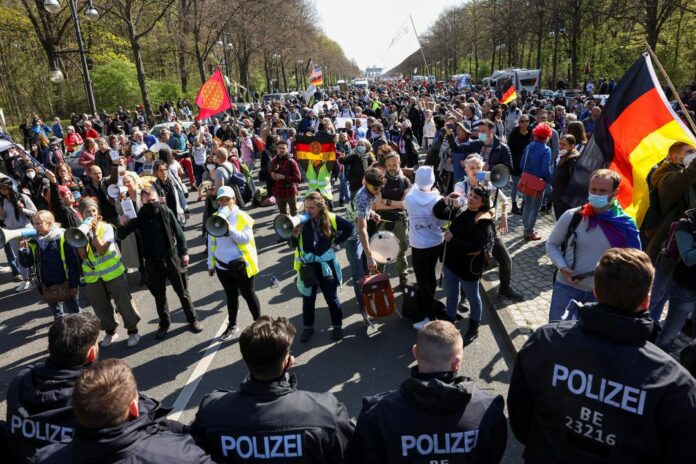Asaad Al-Oghaili – Researcher specializing in security and strategic studies
introduction
In recent years, social movements have witnessed a great spread in the social and political circles in Germany, although they have historically been closely linked to left-wing parties and currents, they are currently the cornerstone of right-wing parties and currents as a result of the consensus of a set of factors, programs and discourses (internal and external) adopted by both parties, foremost of which is the rejection of the ruling political elite and hostility to societies coming from the countries of the Middle East and the countries of the African continent.
The forms and sizes of social movements have multiplied in terms of (impact and areas of interest), some of them have an influential role at the national level and adopt general demands, while others have limited activities in one or more specific mandates, and based on the above, we will divide this research paper into three main axes:
The first axis: is theoretical rooting.
The second axis: the most important social movements in the Federal Republic of Germany.
The third axis: the impact of social movements on the social and political stability of the Federal Republic of Germany.
The first axis: theoretical rooting: we will deal with this axis which has been divided into three titles
First: The concept of social movements
Second: Stages of development of social movements
Third: New trends explaining social movements.
First: The concept of social movements: Social movements have formed an original part of the life of contemporary societies, as they are the main engine of them, as their importance has increased in the light of the era of (globalization and technological development) through the expansion of protest circles and political demands in the (public sphere and the digital field) alike.
For social movements to exercise their role effectively and effectively at the social and political levels, they must have a set of elements or properties, most notably (to be organized, have political and social goals, and have the means to mobilize and mobilize their supporters. Etc. (Based on these elements, the concept of (social movements) means ((those organized efforts made by a group of citizens with the aim of changing certain situations or existing policies and structures to be closer to the philosophical values that these movements believe in)).
Undoubtedly, the concept of (social movements) has no clear, specific and agreed definition and this is what the social sciences and humanities have settled on, as the British thinker (Rudolf Hiberl) believes that the concept of (social movements) is that (the organized and connected effort made by a group of individuals to achieve a goal or set of common goals among its members and may be more specific meaning to indicate the effort that is directed towards modifying, replacing or destroying an existing social system)).











